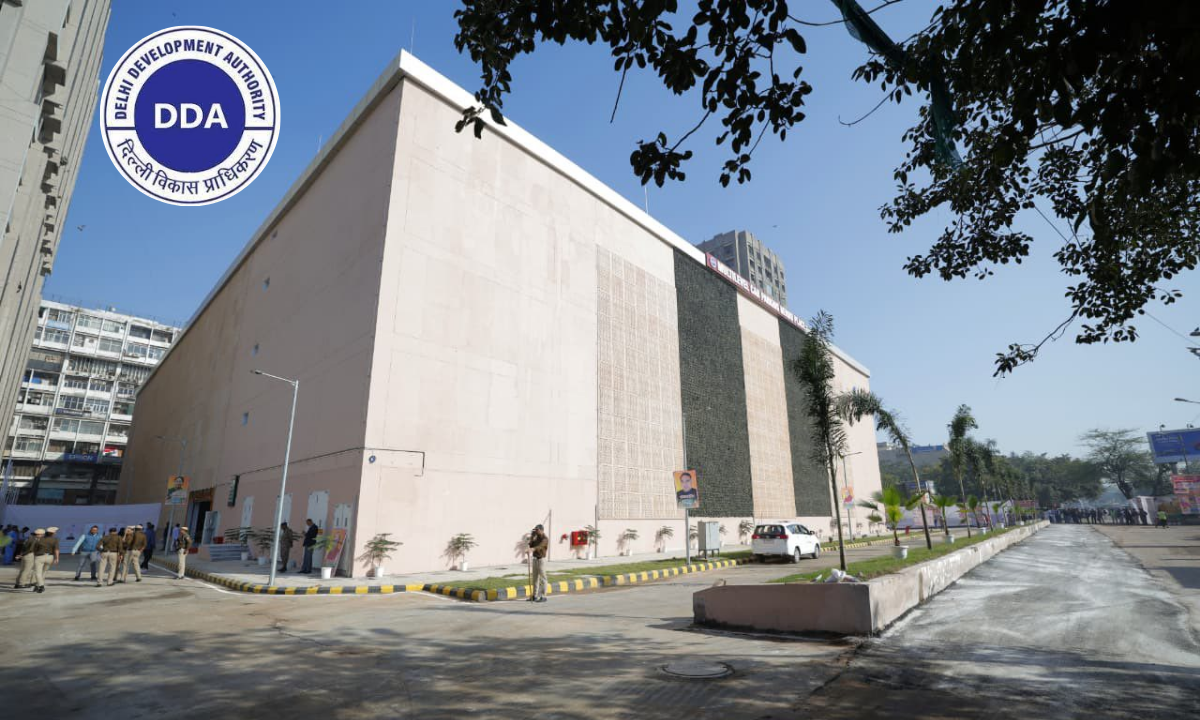The Andhra Pradesh government has taken a significant step to regulate the sale of sand across the state by ordering the establishment of District Command Centers (DCCs). These centers will be responsible for monitoring and managing the distribution and sales of sand, ensuring transparency and curbing illegal activities that have plagued the sector for years. The directive came in response to concerns about irregularities in sand mining, transportation, and sales, which have led to environmental degradation and loss of revenue for the state.
Background on Sand Mining Issues in Andhra Pradesh
Sand mining has been a contentious issue in Andhra Pradesh, with numerous allegations of illegal mining, smuggling, and corruption. The state government has struggled to implement effective measures to control these activities, leading to widespread environmental damage, including riverbank erosion and loss of aquatic habitats. Moreover, the illegal sand trade has resulted in significant financial losses for the state, as revenue that should be collected from legal sales has often been diverted into the black market.
Objectives of the District Command Centers
The primary objective of the newly established DCCs is to ensure that sand is mined, transported, and sold in a lawful and environmentally sustainable manner. These centers will operate under the supervision of district collectors, who will be tasked with coordinating between various departments involved in the sand supply chain. The DCCs will also work closely with law enforcement agencies to crack down on illegal mining operations and ensure that all sand sales are conducted through authorized channels.
To achieve these objectives, the DCCs will implement a robust monitoring system that includes real-time tracking of sand trucks, regular inspections of mining sites, and audits of sales records. The use of technology, such as GPS tracking and digital documentation, will play a crucial role in enhancing transparency and accountability in the sand supply chain.
Implications for the Sand Industry and Stakeholders
The establishment of DCCs is expected to have far-reaching implications for the sand industry in Andhra Pradesh. For legal operators, the new system could bring stability and predictability to the market by reducing the influence of illegal actors. This, in turn, could lead to fairer pricing and improved availability of sand for construction projects across the state.
For consumers, particularly those in the construction industry, the move could result in more consistent and reliable access to sand, as the DCCs are likely to streamline the supply chain and reduce delays caused by illegal activities. Additionally, by curbing illegal mining, the government aims to protect the state's natural resources and prevent further environmental degradation.
Challenges and Potential Hurdles
While the introduction of DCCs is a positive step, the initiative is not without challenges. One of the key hurdles will be ensuring that the DCCs are adequately staffed and equipped to handle the complex task of regulating sand sales. Additionally, there is a risk that illegal operators could find new ways to circumvent the system, necessitating continuous vigilance and adaptation by the authorities.
Another challenge will be gaining the cooperation of all stakeholders, including miners, transporters, and consumers, to ensure that the new system is effective. The success of the DCCs will largely depend on the willingness of these stakeholders to comply with the new regulations and to report any illegal activities they encounter.
A Step Toward Sustainable Sand Management
The establishment of District Command Centers represents a significant step forward in the Andhra Pradesh government's efforts to regulate the sand industry. By focusing on transparency, accountability, and environmental sustainability, the government aims to address the long-standing issues that have plagued sand mining in the state. While challenges remain, the success of this initiative could serve as a model for other regions grappling with similar issues in the sand industry.









.png)